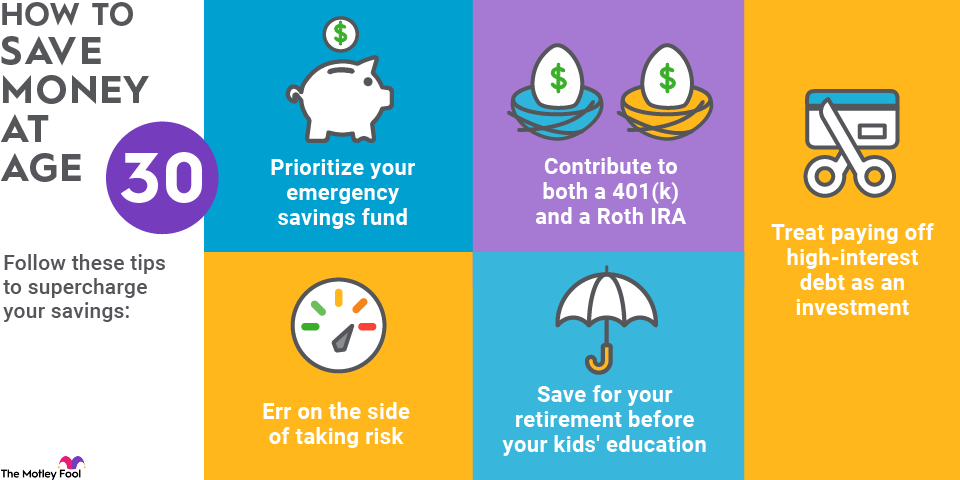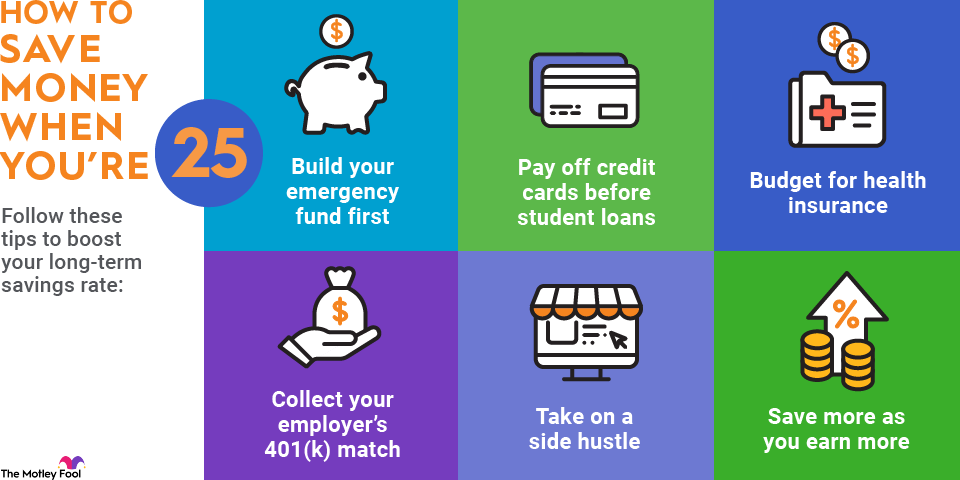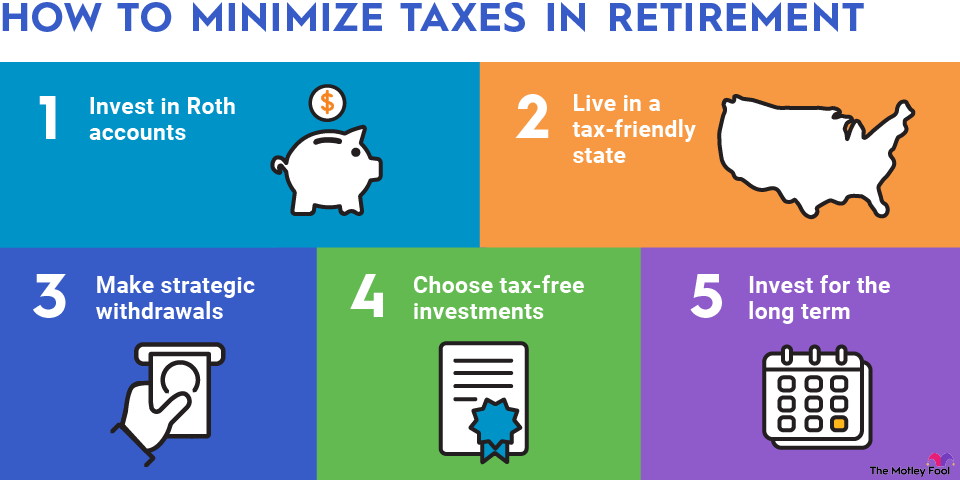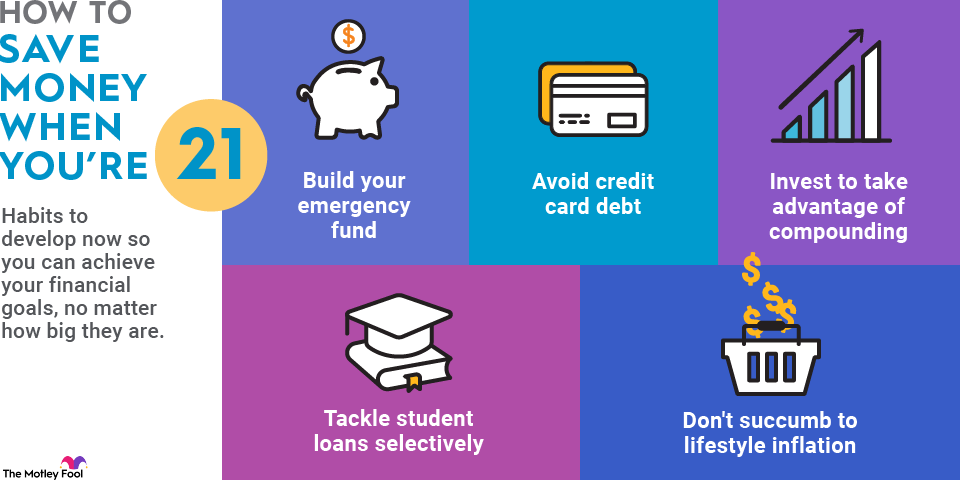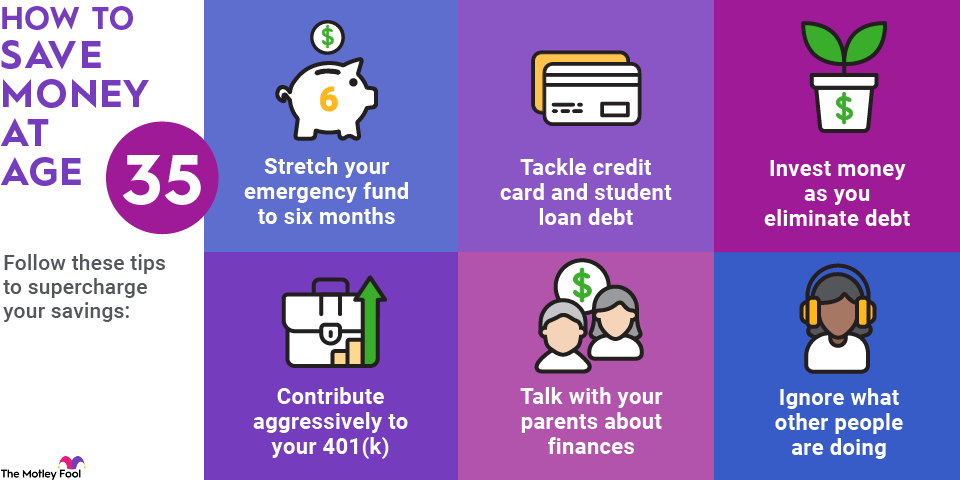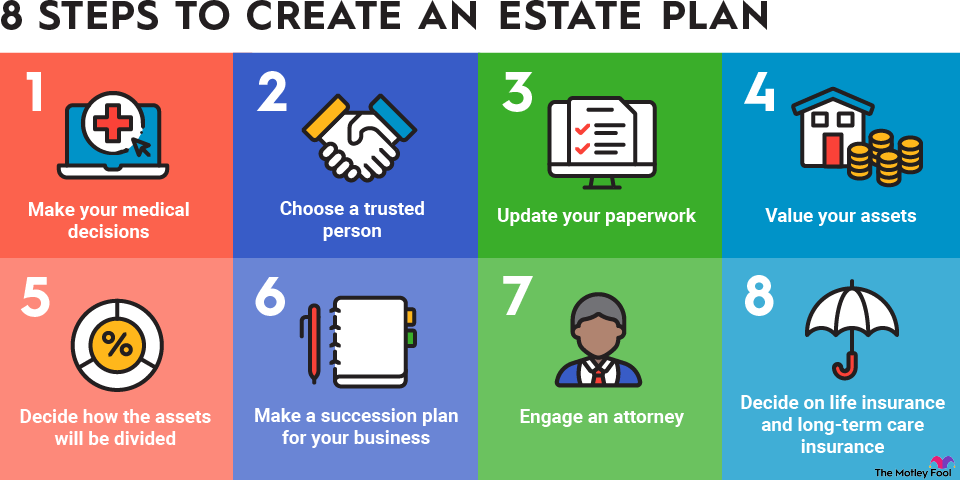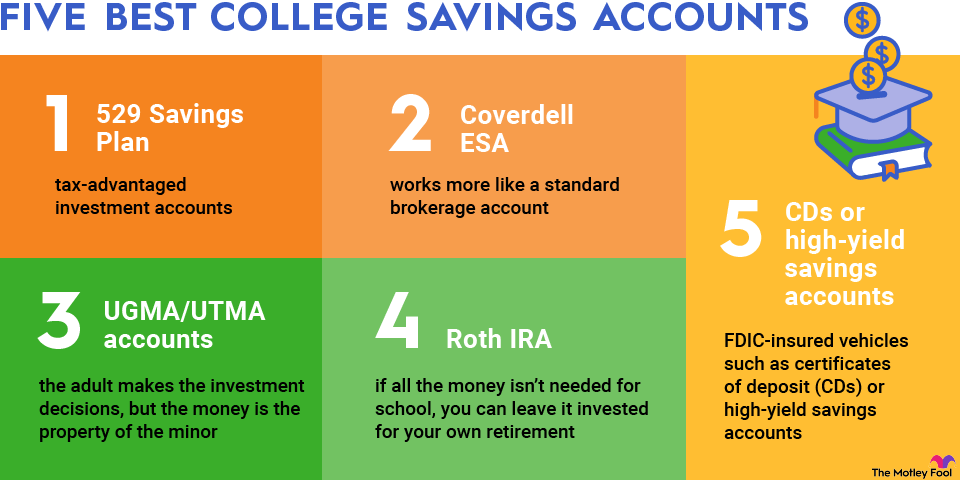Now let's look at a few scenarios: the best-case, middle-case, and worst-case ones if you're planning to retire soon. In the best-case scenario, you'll have saved enough money to retire comfortably, a sum that will provide enough income throughout your retirement.
What's enough? Well, how much money you need to retire with differs for different people, since it's based on your health, your expected longevity, your lifestyle, your location, and more.
If you're trying to determine how much money you need to retire, try thinking about it in terms of annual income instead of a big blob of cash. One rule of thumb is that in retirement, we should aim to live on 80% of our pre-retirement income. That's a rough guide, though.
If you expect to be much more active post-retirement than pre-retirement, perhaps doing a lot of international travel, you may need more. Similarly, if you suspect you might be in poor health and may require a lot of costly care, you may need more. If, instead, you expect to be mostly gardening, walking, and reading, you could get by with less.
Consider all your sources of income, and remember that you may be able to add more sources, such as some passive income. Typical sources of income for many people include Social Security, pension income, dividend income, interest income, annuity income, and rental property income.
If you determine that you'll need $60,000 annually in retirement and you expect $25,000 from Social Security and $15,000 from annuities, that leaves $20,000 in needed income. You can invert and use the 4% rule to convert that into a needed nest egg by multiplying it by 25. (That's because dividing 1 by .04, or 100 by 4, results in 25.) Doing so gives you $500,000.





